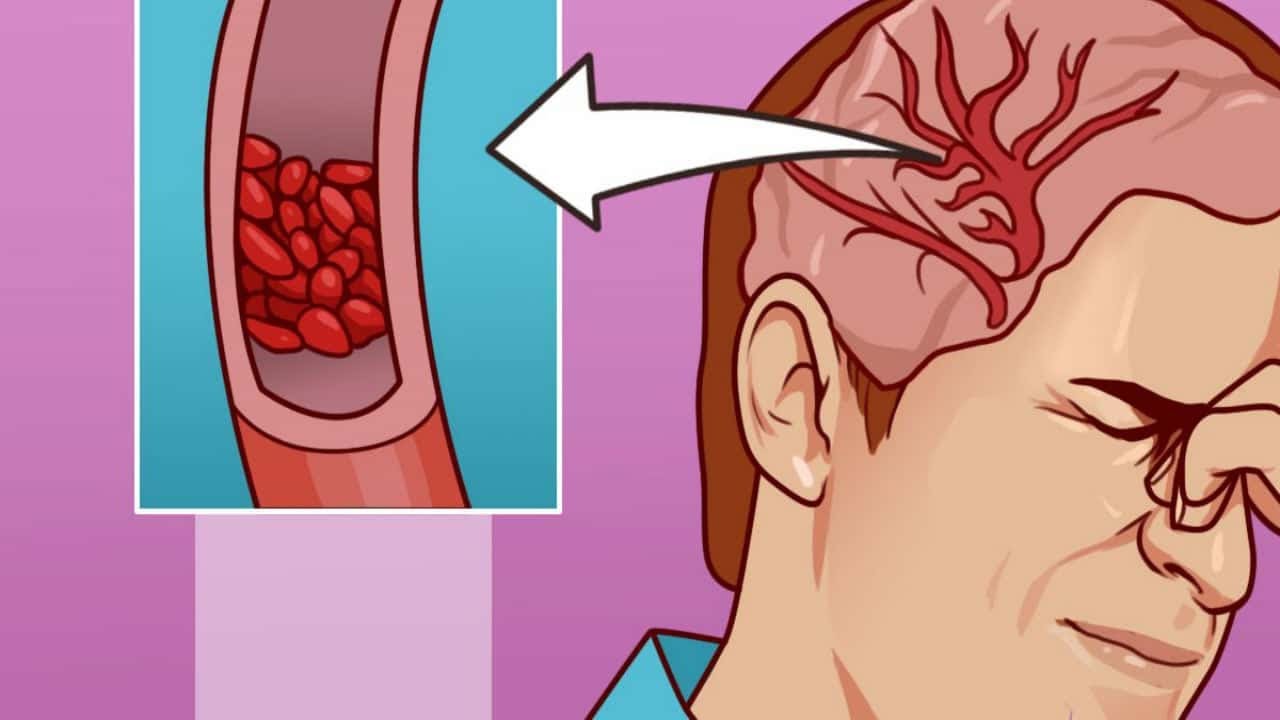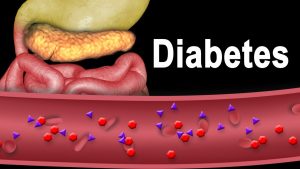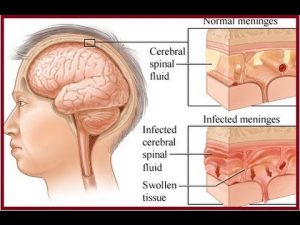Magnesium is a mineral found in many types of foods, it plays an essential role in human DNA production, repair and in maintaining healthy bones, nerves and muscles. Though it is readily available, most Americans do not meet their need for magnesium through their diet. you should consider getting your magnesium level checked if you suffer the following 11 symptoms. 1. Low energy. Magnesium is involved in at least 300 different chemical reactions in our body, and a lot have to do with energy production. A sign of low magnesium can be low energy. 2.Insomnia. If you’re having a hard time falling or staying asleep, it may be due to low levels of magnesium, particularly if you are experiencing a lot of stress. Stress hormones increase blood pressure and heart rate, this is partly accomplished by depleting the body of its magnesium If there isn’t enough magnesium available for the body to replenish itself, sleeping becomes a problem. 3.Constipation. Bowel movements often slow down without enough magnesium in the body. note that magnesium is the main ingredient in many over-the-counter laxatives. 4.Frequent headaches. Magnesium deficiency lowers serotonin levels, causes blood vessels to constrict and affects neurotransmitter function, all related to headaches — especially migraines. 50% of migraine sufferers have a magnesium deficiency. 5.Twitching or cramping. Because magnesium plays an important role in muscle relaxation, insufficient intake can result in unintended muscle movement. Without magnesium, our muscles would be in a constant state of contraction 6.Low bone density. Magnesium plays a major role in bone formation, and the majority of the body’s magnesium is stored in the bones. People with higher intakes of magnesium have a higher bone mineral density. 7.High blood pressure. Magnesium is very important in maintaining a healthy blood pressure, a deficiency can definitely cause pressure to be too high. Eating foods high in magnesium and other minerals can help prevent high blood pressure in people with prehypertension. 8.Type 2 diabetes. Breaking down blood sugars is another of magnesium’s jobs in the human body. People with higher amounts of magnesium in their diets tend to have a lower risk of developing diabetes. Research is ongoing to determine whether magnesium therapy can be used in diabetes treatment. 9.Irregular heartbeat. With low magnesium levels, the heart can have trouble staying in its regular rhythm. doctors will often prescribe magnesium supplements for patients who complain of an irregular heartbeat. 10.Increased sensitivity to noise. Not having enough magnesium curtails its role in stabilizing the nervous system, This often results in hyperflexia, an enhanced startle reflex. And 11. Depression and anxiety. Low levels of magnesium in the brain can affect neurological functions that result in all sorts of problems. Studies have shown that some phobias — such as agoraphobia — have developed as a result of low magnesium levels. Please Subscribe! ▶ https://goo.gl/ksfh7M NOTE: The materials and the information contained on Natural ways channel are provided for general and educational purposes only and do not constitute any legal, medical or other professional advice on any subject matter. None of the information on our videos is a substitute for a diagnosis and treatment by your health professional. Always seek the advice of your physician or other qualified health provider prior to starting any new diet or treatment and with any questions you may have regarding a medical condition. If you have or suspect that you have a medical problem, promptly contact your health care provide. google plus: https://plus.google.com/b/113379601003474436812/113379601003474436812 reference: www.remedydaily.com Images licensed under Creative Commons: www.wikihow.com canstockphoto.com

11 Signs Your Body Needs More Magnesium
- Post author:
- Post published:May 28, 2021
- Post comments:0 Comments
You Might Also Like

10 High Cholesterol Foods You Must Avoid

How to Do Triceps Dumbbell Extensions

Digestive System And Asnas Video – 2

How to Do a Hammer Curl | Female Bodybuilding

HMG CoA Reductase Inhibitors (Statins) | MedMaster | Pharmacology for Nursing Students

SIDE EFFECTS OF WHEY PROTEIN

? #1 Most Popular Prescription Drug That Causes Erectile Dysfunction & Impotence – by Dr Sam Robbins

Diabetes Type 1 and Type 2, Animation.

Vitamins, How They Work

Special Population Exercise Video – 2

Anatomy and Physiology of Respiratory System

How to Do Back Extension Exercises

GYM HACK | Seated Calf Raise | Tiger Fitness

Pulley Curl-1

Close Grip Triceps Extension-1

Fitness Definition Components Video – 4

Stretching Exercises Before Running

Foods You Should and Shouldn’t Eat When You Have Diarrhea

HOW CAN HERPES DAMAGE BRAIN HEALTH!!

What does intensity mean?

What is Fish Oil? Omega-3 Benefits & Side Effects Review by Guru Mann

Typhoid Fever Illness Script – USMLE, Medicine Board Review

Fitnessgalan with BMR and Ironman Magazine. And jeff seid interview

WHAT I EAT IN A DAY | WEIGHT LOSS MEAL PLAN FOR WOMEN

What are CARBOHYDRATES? CARBOHYDRATES meaning & definition – How to pronounce CARBOHYDRATES?

Bodybuilding Nutrition, Diet Recipes & Workout – 4

Sugar Free, Low Sugar Video – 10

What Is Alzheimer’s Disease?

LIPIDS NOTES

Thyroid Gland: Thyroid Hormone Function

What is the renal diet ?

Wall Sit-5

How To: Barbell Incline Chest Press

Abs workouts Anatomy 20 Exercises That Building your abs muscle

World’s Best Multivitamins at CHEMIST SHOP | Cheapest | Guaranteed Results

Cardio VS. Strength Training (Part 1) (THE BIGGEST FITNESS MYTH)

Phase 3 Day 2 A4 – Low Pulley Overhead Triceps Extension with Rope

Movement Demo – Back Extensions

How To: Dumbbell Flys On A Flat Bench

Smith Shrug: Traps, Upper Back Exercise Demo How-to

High Intensity Muscle Building Workout

